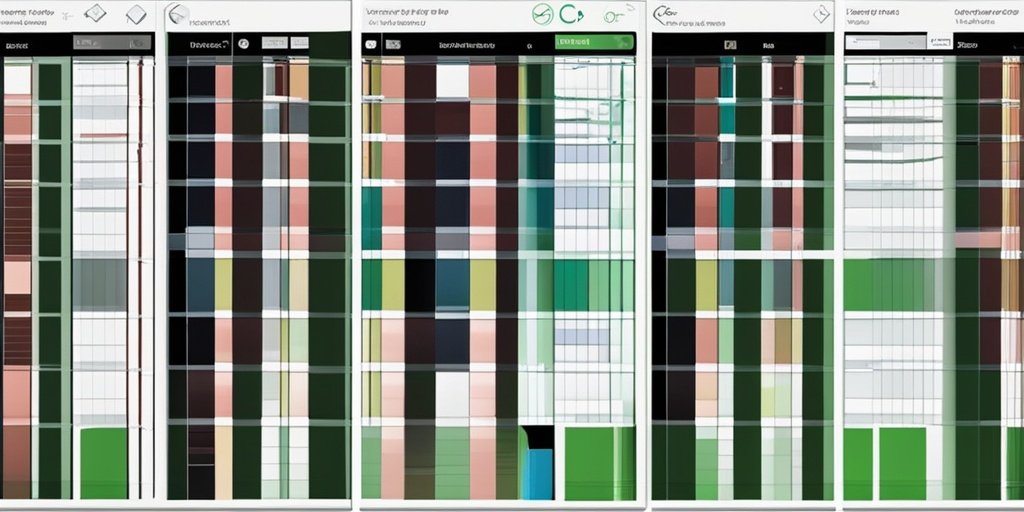⚡ Quick Summary
This article discusses how technological advances can enhance surgical outcomes for older adults by improving the assessment and management of frailty. Innovations such as AI, machine learning, and wearable health technologies are highlighted as key tools in this endeavor.
🔍 Key Details
- 📊 Focus: Frailty in older adults undergoing surgery
- 🧩 Technologies discussed: AI, machine learning, wearable sensors, mobile health applications
- ⚙️ Key innovation: Electronic Frailty Index (eFI)
- 🏆 Goals: Improve frailty measurement and intervention in surgical settings
🔑 Key Takeaways
- 📊 Frailty is a significant predictor of poor surgical outcomes in older adults.
- 💡 AI and machine learning can enhance traditional health assessments.
- 👩🔬 The electronic Frailty Index (eFI) shows promise for real-time frailty screening.
- 🏥 Wearable devices can monitor physical activity and support rehabilitation.
- 🌍 Integration of technology can lead to better surgical care for older adults.
- 🛠️ Challenges include infrastructure needs and data interoperability.
- 🔍 Continued research is essential for effective implementation of these technologies.

📚 Background
The concept of frailty has gained recognition as a critical factor influencing surgical outcomes in older adults. Despite its importance, effective methods for measuring and addressing frailty remain limited. The integration of technological advancements into comprehensive geriatric assessments presents a unique opportunity to bridge this gap and enhance surgical care.
🗒️ Study
This review article examines the role of technological innovations in improving the assessment and management of frailty among older surgical patients. It focuses on two main areas: the use of electronic health records (EHR) enhanced by AI and machine learning, and the application of wearable sensors and mobile health (mHealth) technologies.
📈 Results
The integration of AI and machine learning with EHR systems can provide a more comprehensive health assessment than traditional methods. The electronic Frailty Index (eFI) is highlighted as a promising tool for expanding frailty assessments and enabling real-time screening. Additionally, wearable devices and mHealth applications offer innovative ways to monitor and improve aspects such as physical activity, nutrition, and psychological well-being, which are crucial for perioperative rehabilitation.
🌍 Impact and Implications
The findings of this study suggest that the adoption of technological advancements can significantly improve surgical outcomes for frail older adults. By leveraging AI, machine learning, and wearable technologies, healthcare providers can enhance their ability to assess and manage frailty, ultimately leading to better patient care and recovery. The implications of these advancements extend beyond surgery, potentially transforming geriatric care as a whole.
🔮 Conclusion
This review underscores the transformative potential of technology in addressing frailty among older surgical patients. By embracing innovations such as AI and wearable health technologies, we can improve the accuracy of assessments and the quality of care provided. Continued research and tailored implementation strategies will be vital in realizing the full benefits of these advancements in surgical settings.
💬 Your comments
What are your thoughts on the integration of technology in surgical care for older adults? We would love to hear your insights! 💬 Share your comments below or connect with us on social media:
Improving Surgical Outcomes for Older Adults with Adoption of Technological Advances in Comprehensive Geriatric Assessment.
Abstract
Frailty is a well-recognized predictor of poor surgical outcomes for older adults, yet effective measurements and interventions remain limited. Technological advances offer an opportunity to address this gap and improve surgical care for older adults. This paper reviews the background of frailty and comprehensive geriatric assessments in surgery, and how technological innovations can advance frailty measurement and intervention in surgical settings. We review two broad areas of technological advancement as applied to frailty in surgery: 1) Innovation in the use of electronic health records (EHR) using Artificial Intelligence (AI) and Machine Learning (ML), and 2) Novel uses for wearable sensors and mobile health (mHealth) applications. We explore the integration of AI and ML with EHR systems, which can surpass traditional comorbidity indices by providing comprehensive health assessments and enhancing prediction models. Innovations like the electronic Frailty Index (eFI) show promise in expanding the reach of frailty assessments and facilitating real-time screening. Additionally, wearable devices and mobile health (mHealth) applications offer new ways to monitor and improve physical activity, nutrition, and psychological well-being, supporting perioperative rehabilitation. While these technologies present challenges, such as the need for infrastructure, training, and data interoperability, they offer promising strategies to facilitate the assessment and management of frailty among surgical patients. Continued research and tailored implementation strategies will be essential to fully realize the potential of these advancements in improving surgical outcomes for frail older adults.
Author: [‘Tan SF’, ‘Cher B’, ‘Berian JR’]
Journal: Semin Colon Rectal Surg
Citation: Tan SF, et al. Improving Surgical Outcomes for Older Adults with Adoption of Technological Advances in Comprehensive Geriatric Assessment. Improving Surgical Outcomes for Older Adults with Adoption of Technological Advances in Comprehensive Geriatric Assessment. 2024; 35:(unknown pages). doi: 10.1016/j.scrs.2024.101060